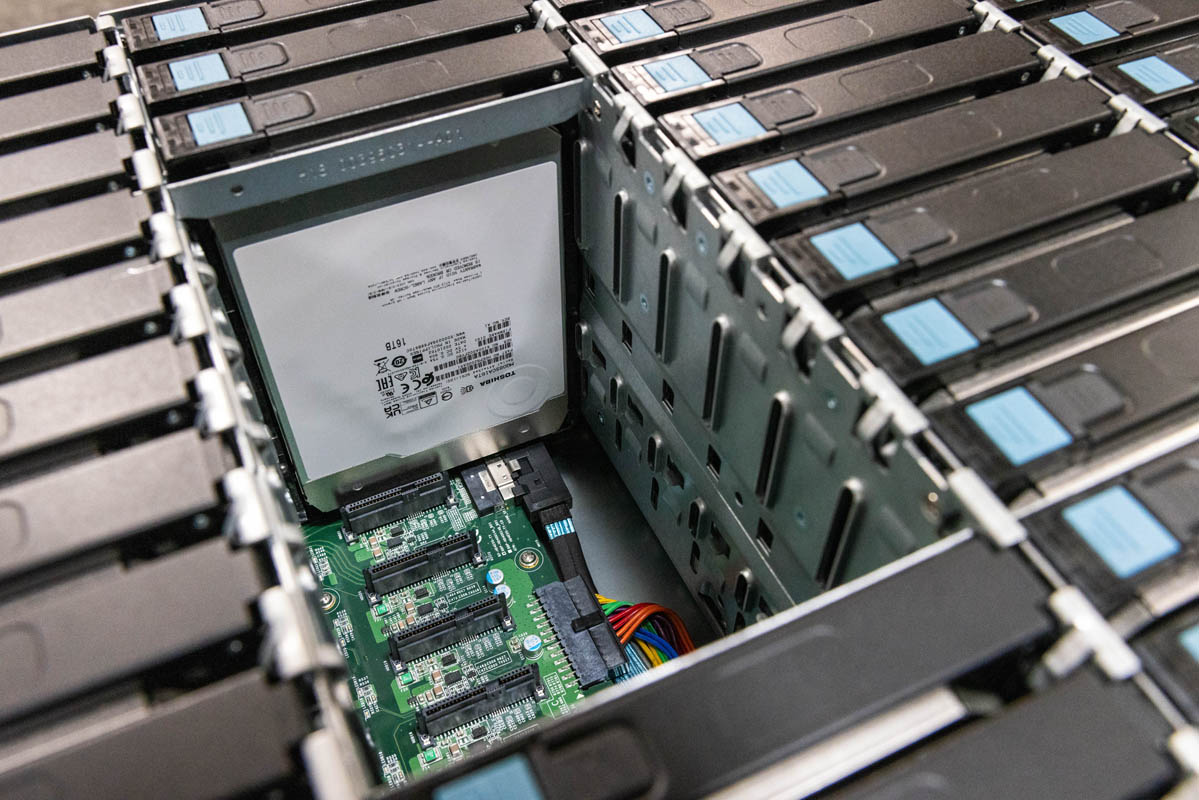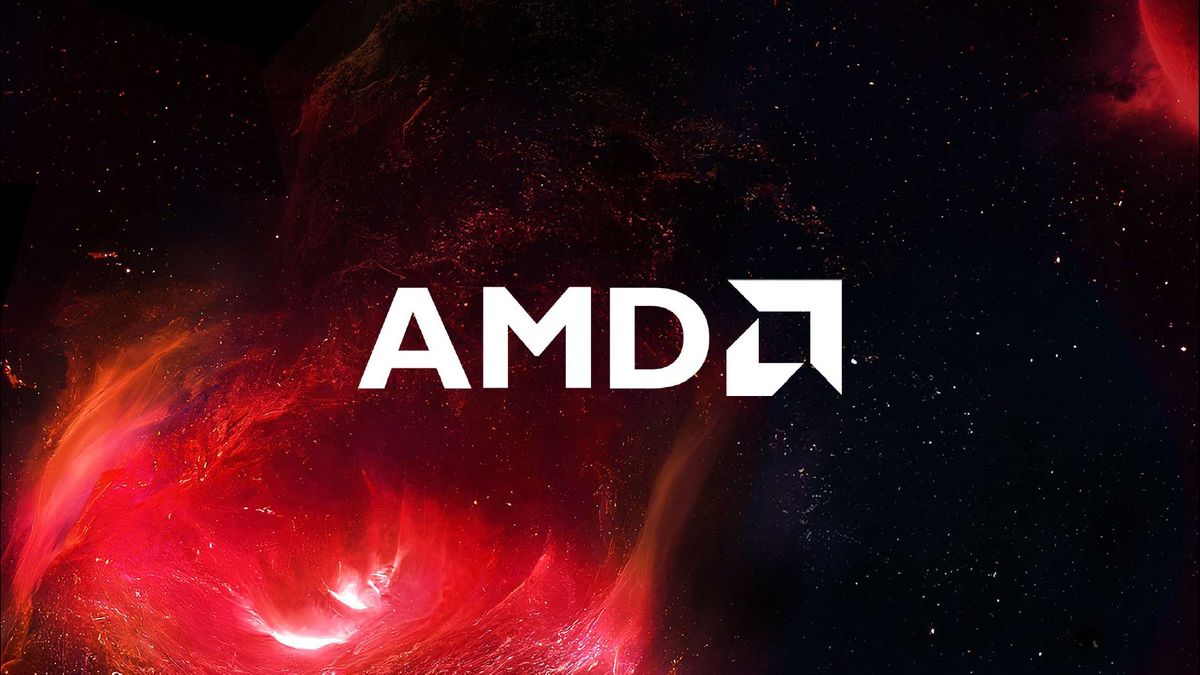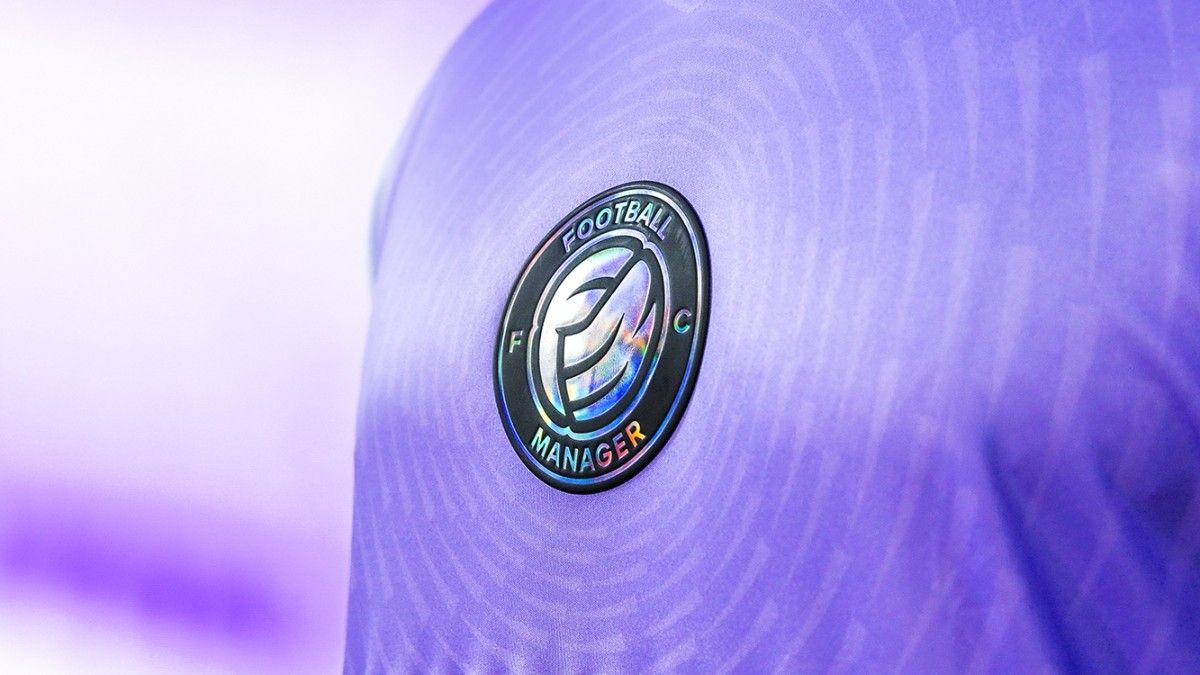- Toshiba’s 78 drive JBOD hit 17GB/s throughput and 1.5PB raw storage back in 2023
- Experiment showed HDDs remain cost effective for scaling capacity in data centers
- With tuning Toshiba believed the setup could reach 20GB/s aggregate performance
Back in 2023, HDD maker Toshiba decided to show just how far mechanical storage could scale when paired with fast connectivity.
Engineers working in its European HDD laboratory took AIC’s J4078-02-04X 4U top-loading JBOD chassis and populated it with 78 MG08 18TB SAS enterprise hard drives with the aim being to demonstrate how capacity and throughput add up when configured in parallel.
Connected to a Supermicro server through SAS4 links and controlled by an Adaptec RAID controller, the array reached 1.5PB of raw storage and speeds in line with PCIe 5.0 benchmarks.
The scaling effect
Sadly, though, it seems the demonstration passed with little attention outside specialist circles.
The video, which you can watch at the bottom of this article, has at the time of writing, racked up a mere 446 views (two of which are me). Criminal.
Serve The Home was invited to review the filled JBOD in January 2024 and snapped some great photos of it, one of which is at the top of this page.
The system was designed to show the scaling effect as more drives came online.
A single HDD delivered about 300MB/s, but adding drives increased throughput almost linearly, rising to around 17GB/s when all 78 disks were in play, enough to exceed the limits of a 100Gbps network.
With some firmware tuning and hardware optimization, the same chassis could push close to 20GB/s, Toshiba claimed at the time.
The demonstration revealed the trade-off between density and performance.
Although SSDs dominate the highest-performance tiers of storage today, large numbers of hard disks remain cost-effective for bulk capacity.
It’s clear from Toshiba’s experiment that when properly configured, hard drives can deliver impressive aggregate performance suitable for data center applications.
In today’s market, systems have already moved past Toshiba’s 2023 test. Seagate’s Exos E 4U106 now offers up to 2.5PB of capacity in a single chassis and throughput of 36GB/s.
Even so, Toshiba’s impressive demonstration remains an interesting reminder that traditional spinning rust can still play an active role in enterprise storage architecture, not only as cold archives but as components in high-speed, high-capacity arrays.
Toshiba continues to run such experiments, and earlier in 2025 opened a new European HDD Innovation Lab at its Düsseldorf site designed to show how bunching HDDs together can deliver both capacity and performance at scale, ultimately offering a more affordable alternative to SSDs.
You might also like
- These are the fastest hard drives you can get right now
- And these are the largest HDDs and SSDs on the market at the moment
- Race to 100TB HDD heats up as Seagate pulls rug from under WD and Toshiba









 English (US) ·
English (US) ·